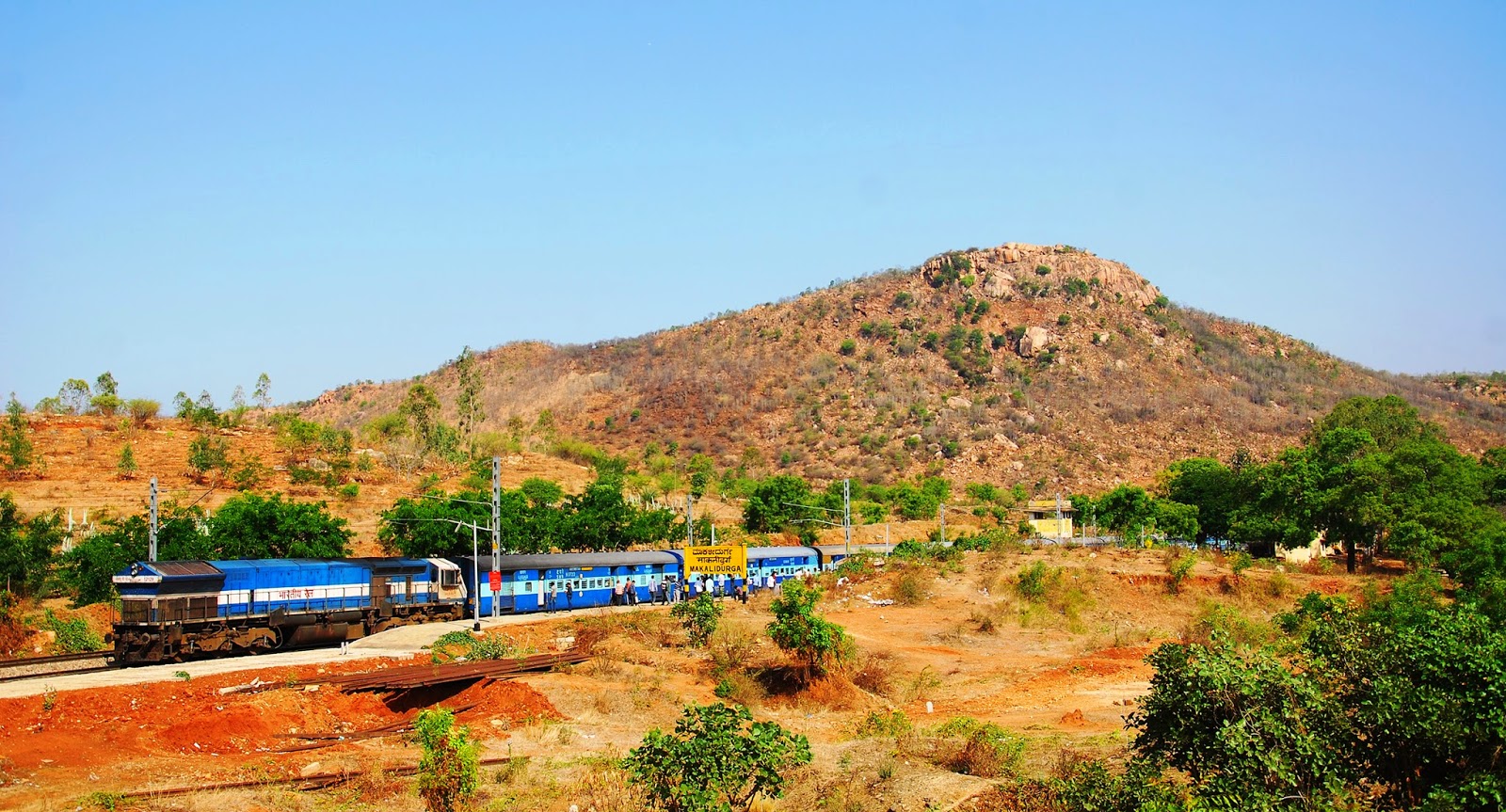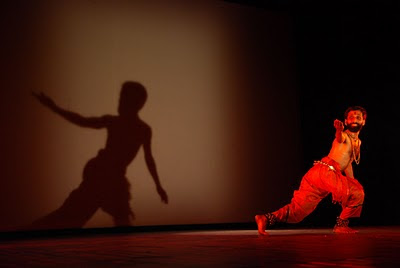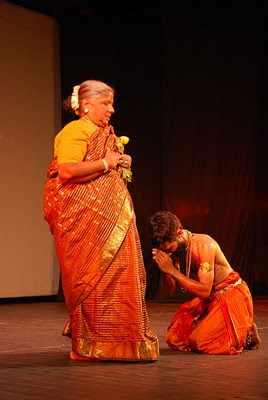It was
a Saturday morning, which is generally the happiest day of a monotonous work
life. I was too lazy to get out of my bed but having waited for about a month
for the sun's anger to calm down, it was high time, I had to do some activity
to burn some calories and ofcourse refresh myself. It was the time to resume my
weekend trips again. The Travel book 'Weekend
escapes from bangalore' seemed to interest me along with internet data to
explore Bangalore and its surrounds on my bike.This time it was Leepakshi
Temple, 130 km from Bangalore .
Lepakshi
was built during Vijayanagar empire during 15 century A.D by the treasurer of
the Empire. It is a It is located in Karnataka - Andhrapradesh border. It can
be reached via two routes, one is the Chickbellapur and Doddabellapur passing
through Hindpur or the Bengaluru - Hyderabad NH7 highway route. The routes
could be chosen based on your riding interest, the surroundings you want to
explore, top speed you want to achieve
and the number of breaks you are planning to take.To avoid this confusion and to explore the journey in the best possible way, I chose to do a looping route ie. the Doddabellapur route while going and the NH7 highway while returning. This turned out to be a worthy decision when I rode through these.
Karnataka Tourism Map which I passed by, indicating he two routes to Lepakshi from Bangalore and other surrounding sight seeing places.
The mesmarizingly blossomed Gulmohar trees on the Doddabellapur route
The Doddabellapur route consists of a narrow road (6m) flanked by Gulmohar trees, passing through multiple satellite towns and small hillocks. One can take pit stops in each of the towns/villages to either freshen up in the public toilets or to explore the street food on carts (Poori, Idly,wada and Pulav) . The smaller road width of the road along with buses and locals vehicles, the interactive surrounding , the people and the cattle, brings down the riding speed to 60-70kmph maximum limit. However it is worth it is you want to enjoy the interactive ride.
Interactions with passerbys Garma garam Pooris served for breakfast
While passing through the smaller town, one encounters beautiful sights like these, I can imagine how this sight could be during the monsoons.

The entrance seemed too colourful and commercialized.... I was just hoping the temple should not turn out to be of same kind.
However as I approached the temple complex, a 6m high historical wall with an entrance Gopuram welcomed me to the to the majestic era of Vijayanagara Empire
The temple is surrounded by small hillocks with temple shrines and the Lepakshi village. The temples are positioned on these hillocks with a rocky base.
Once entered, the temple complex welcomes you with an outer periphery of colonnaded structure and Mantappas
The Entrance Gateway of the Temple complex off centered from the main Temple Complex...
The most amazing feature is the technique of construction where the whole temple is built on the existing contoured rock outcrop and the plinths and roofs have been leveled accordingly (as seen in the pic).
The complex consists various mantappas, with the absence of roof structures and Gopurams for a few.
The 6 headed snake carved in a single rock with an added plinth (1.3m high)
The columns of the Rangamantappa in the main temple structure, exhibited amazing work of art, history and details. The shot on the top left was an attempt to portray the mural as a painting. The Rangamantappa gets its name with a series of figures representing the performers of dance and music.
Each column has been carved out into different designs and figures
The temple being the living and functional one, it attracts tourists and disciples throughout the year, with the main season being the time of Shivaratri. The incredible people soon turned out to be the subject of interest who also contributed to the proportions and scale of the temple.
The columns serve as most interesting elements as each on talks its own story. The one towards the top left has a woman's figure serving her man. Hence inclusion of women sitting adjacent to it, in the frame, helped to build a coherence with the past and the present. The picture in the top right reminded me of the Mummies of Egypt.
Watch carefully in the bottom of the pic. Apparently it is Lord Hanuman's foot impression and it has certain history attached to it.
I thought I would have tough time with interactions with locals, but for my good luck, it turned out that most of the people staying around the temple are Brahmins and manage to speak Kannada and Hindi.
In conclusion, Lepakshi serves as a great destination for a one day trip, especially for bikers. One can spend an entire day (4-5 hrs) is s/he wants to experiment his skills of Photography and sketching. Mansoons and winters would be the best time to visit. Also try exploring the village around which is famous for its Crafts. This marks as yet another destination achieved on my bike touring map. I am hoping to visit this place very soon, once the monsoons start.
































































